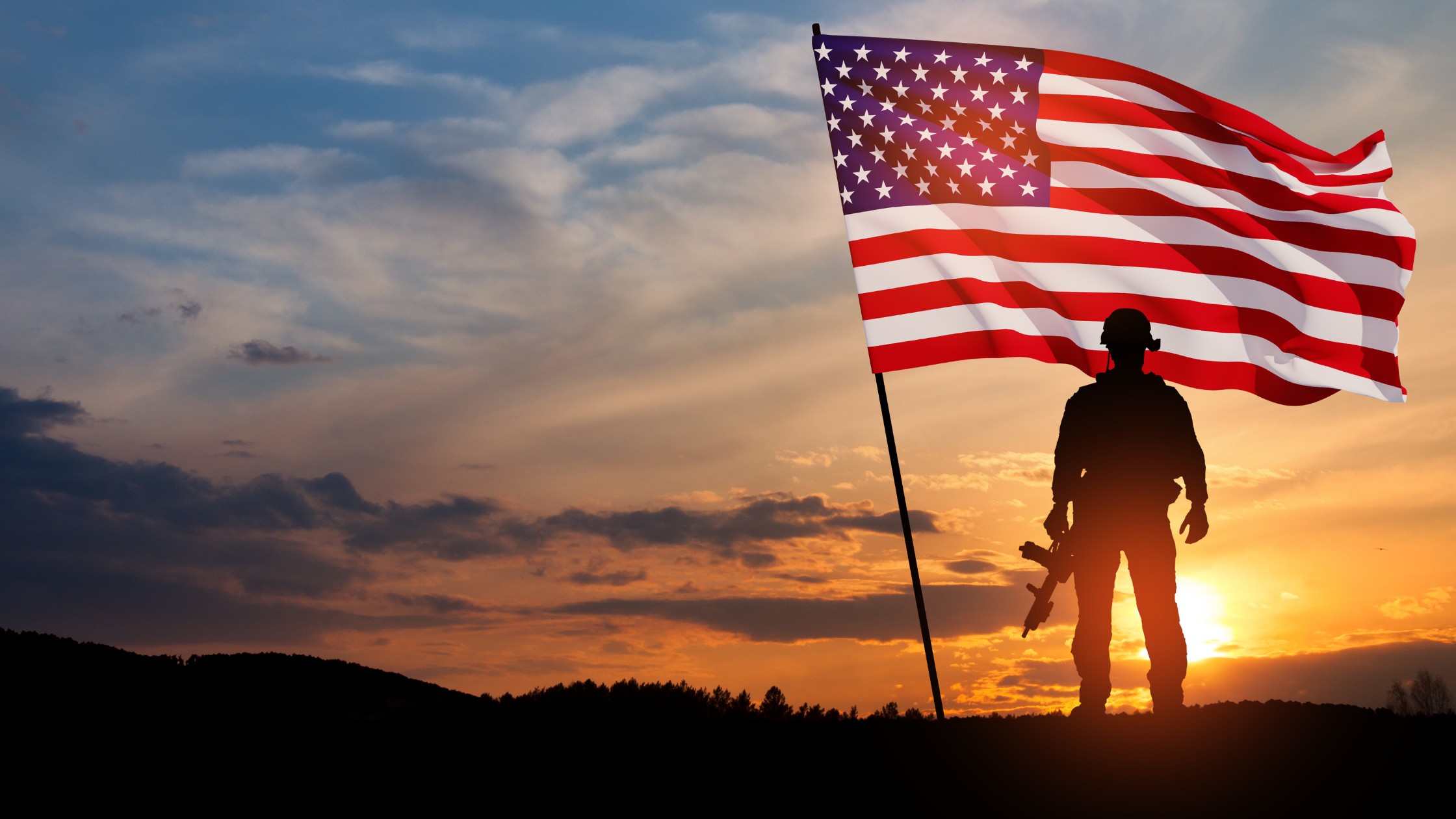
The Wounded Warrior Project is one of the most thoughtful, incisive, patient-centered nonprofits in the country. Its support for veterans is carefully designed around the unique injuries that military veterans suffer while in service to their country. Combat inflicts both physical and mental injuries on veterans of all ages and genders, and the regimented military lifestyle itself often imposes its own unique traumas on the veteran’s psyche. The WWP seeks to provide veterans and their families first-class treatment tailored specifically to their needs and individualized care to support their unique journey. All treatment and accommodations are provided at no cost, and financial assistance is also offered to help cover everyday expenses like groceries, utilities, and housing.
Intake/Referrals
If you are in crisis or concerned about a loved one, please call the Veterans Crisis Line at 988 then press "1" or text 838255 to connect with a crisis counselor 24/7, 365 days a year. They are there to listen to your needs and concerns so they can connect you with the WWP programs that can help. They can refer you to vetted resources in your community to help with things like legal services or even acquiring a service dog.
Physical Health and Wellness Coaching
The cornerstone of the WWP physical health & wellness program is the multi-week coaching program, which helps warriors develop an active lifestyle and better nutrition habits. Through movement, nutritional education, coaching, goal setting, and skill-building, wounded warriors are empowered to make long-term changes toward a healthier life. Coaching begins with participation in a multi-day Physical Health & Wellness Expo to kick off a warrior’s wellness journey that includes:
- Online videos that support shopping smarter to eat healthier and eating more home-cooked meals.
- In-person cooking classes
- Tours of local grocery stores
- Webinars to foster healthy practices like meal planning, building a workout, improving sleep, increasing water intake, and identifying small ways to incorporate exercise.
- Learning basic yoga practices and poses.
Mental Health and Wellness
Project Odyssey® is a no-cost 12-week WWP mental health program for veterans that uses adventure-based learning to help warriors with PTSD, anxiety, and depression manage and overcome their invisible wounds, enhance their resiliency skills, and empower them to live productive and fulfilling lives. Project Odyssey is based on the veteran’s unique needs, in which warriors can participate in all-male, all-female, coed, family, or couple’s programs.
The program includes a five-day mental health retreat in a workshop-style format. This is where warriors living with PTSD and other invisible wounds are challenged to step outside the comfort of their everyday routines. The retreat opens them up to new experiences that help them develop their coping and communication skills.
Mindfulness and Meditation
The WWP puts particular emphasis on teaching mindfulness and meditation to veterans, especially those who are suffering from PTSD. Mindfulness and meditation are not the same thing.
- Mindfulness is a way of living. It is being present in the here and now, and being aware of what it is you’re experiencing physically and emotionally in this space, in this moment, without judgement.
- Meditation, on the other hand, is a formal mind-body practice where you set aside time to focus mentally on some type of anchor like the sound of your breath, a mantra, a body scan … something that brings you back to your focus when your mind starts to wander. As you practice meditation, returning again and again to your anchor, you develop the physiological connection between the amygdala (responsible for the flight, fight, or freeze reaction) and the prefrontal cortex (responsible for our cognitive thought). A lot of us spend a great deal of time in the left brain — the more analytical and methodical side — and less time in the right brain, where passion, empathy, and creativity reside. Meditation allows us to experience more right-brain emotions. So, the “magic” of meditation happens when that focused neural pathway — that muscle that develops from returning again and again to the anchor while meditating — strengthens the wiring between the corpus callosum, the prefrontal cortex, and the amygdala.
- Meditating regularly also shrinks the amygdala. We don’t want the amygdala to go away completely because we still need to be able to go into fight, flight, or freeze mode when faced with a genuine threat. However, that intense defensive mechanism does not need to respond with such intensity to every surprise work deadline, stressful email, social media post, road rage incident, or routine stressor. When the amygdala shrinks physiologically, we’re able to respond more often and react less often, which is a far healthier way to live our lives.
Spread The Word
Unfortunately, although we knew the catchy name, we didn’t really know much about the Wounded Warriors Project. Our brief survey revealed that most people, even in social services, were in the same boat. This blog was written to help deepen everyone’s knowledge of the wonderful work this unique organization engages in.

